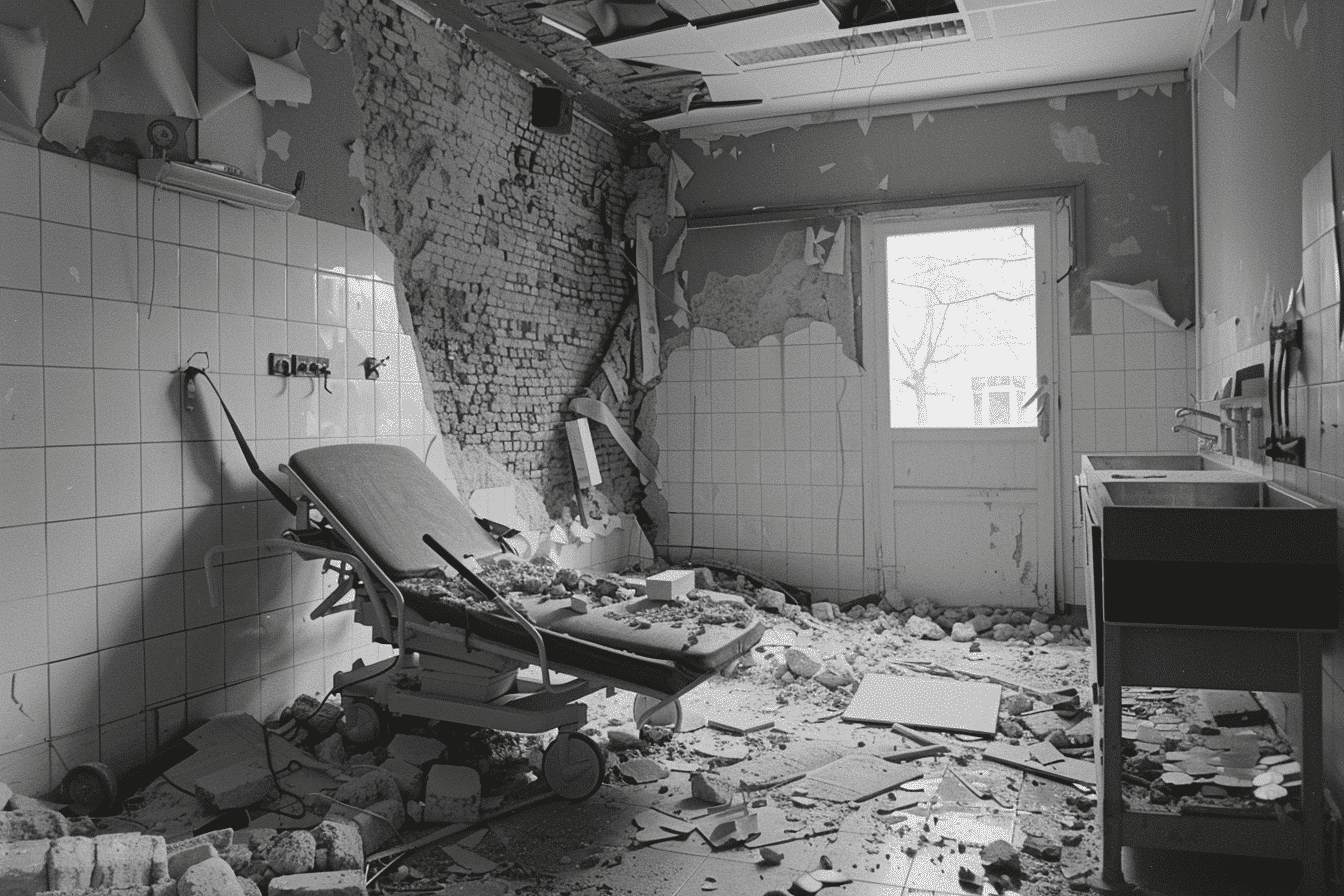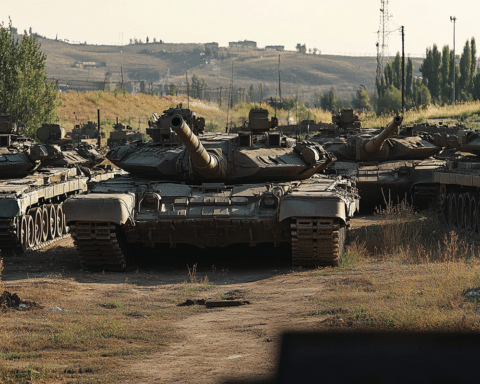Devastating Airstrike in Southern Gaza
An Israeli airstrike on a school-turned-shelter in southern Gaza killed at least 25 Palestinians on Tuesday. This incident comes amid heavy bombardment in the north, which has forced the closure of medical facilities in Gaza City, leaving thousands of residents in desperate search of refuge.
Intense Fighting and Civilian Casualties
The new ground assault by Israel in Gaza’s largest city is a renewed effort to battle Hamas militants, who are reportedly regrouping in areas previously considered cleared by the Israeli army. Large parts of Gaza City have been devastated after nine months of intense fighting, with several hundred thousand Palestinians still residing in the north despite the ongoing conflict.
“The fighting has been intense,” said Hakeem Abdel-Bar, a resident who fled Gaza City’s Tuffah district. He described the relentless strikes by Israeli warplanes and drones, stating they were “striking anything moving” and that tanks had advanced into central districts.
Tragic Losses and Medical Crisis
The airstrike near the school entrance claimed the lives of at least 25 people, according to an Associated Press reporter who witnessed the aftermath at Nasser Hospital in Khan Younis. Hospital spokesperson Weam Fares reported that the victims included at least seven women and children, with the death toll expected to rise. Earlier airstrikes in central Gaza resulted in the deaths of at least 14 people, including a woman and four children.
The Israeli military has defended its actions by blaming civilian casualties on Hamas, stating that the militants operate in densely populated urban areas. The army is currently reviewing the airstrike near the school, asserting it targeted a Hamas militant involved in an attack on Israel on October 7.
Hospitals Forced to Shut Down
In response to the heavy bombardment, medical facilities in Gaza City have been forced to close. Staff at Al-Ahli and the Patients Friends Association Hospital rushed to evacuate patients following Israeli orders. “It’s a dangerous zone,” said Nebal Farsakh, a spokesperson for the Palestinian Red Crescent, highlighting the difficulties first responders face in reaching affected areas.
The closure of hospitals has exacerbated the humanitarian crisis. Mohammad Abu Naser, a patient transferred to the Indonesian Hospital in northern Gaza, lamented, “We do not know where to go. There is no treatment and no necessities for life. We are dying slowly.”
Impact on Civilian Life and Infrastructure
The ongoing conflict has led to severe destruction of infrastructure. According to the United Nations ‘ humanitarian office, only 13 of Gaza’s 36 hospitals remain partially operational. The fighting has forced nearly the entire population to flee their homes, with many being displaced multiple times and crowded into makeshift camps.
Maha Mahfouz, a mother of two, described her ordeal of fleeing twice in 24 hours due to the relentless Israeli raids. “The buildings were destroyed. The roads were destroyed. All has become rubble,” she said, emphasizing the extensive damage caused by the conflict.
Stalled Negotiations and Humanitarian Concerns
The continuous military operations threaten to derail ongoing negotiations for a ceasefire and hostage-release deal. Hamas has warned that the raids in Gaza City could collapse the talks. Despite efforts by international mediators, significant obstacles remain, particularly around Hamas’ demands for a permanent ceasefire.
The humanitarian situation remains dire. The United Nations reported chaotic scenes as people fled through neighborhoods where fighting was ongoing. The largest U.N. bakery in the city has also been forced to close, and aid groups face significant challenges in accessing those in need.
The conflict in Gaza has resulted in profound loss and suffering. With more than 38,200 people killed and over 88,000 wounded, the humanitarian crisis continues to deepen. As negotiations falter and the fighting intensifies, the future remains uncertain for the millions affected by this prolonged conflict.




